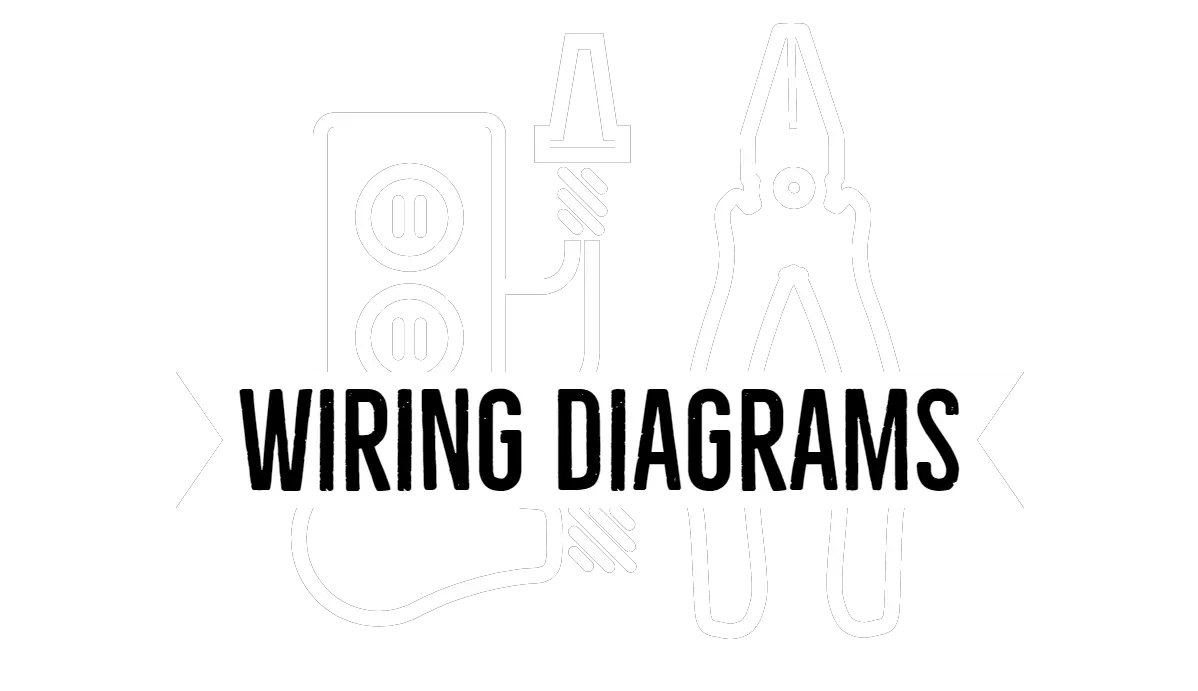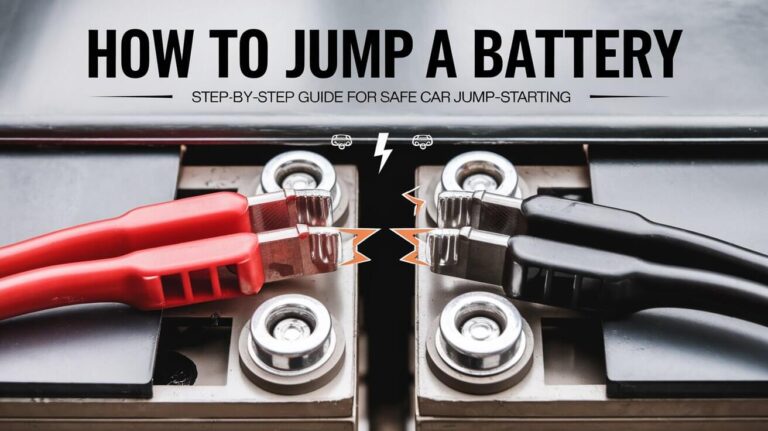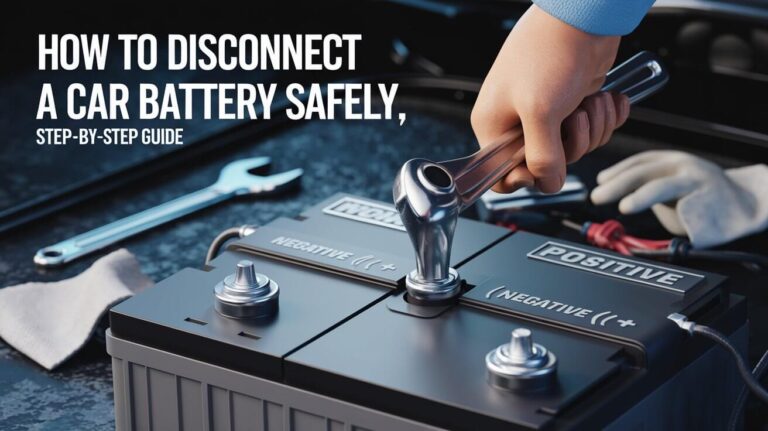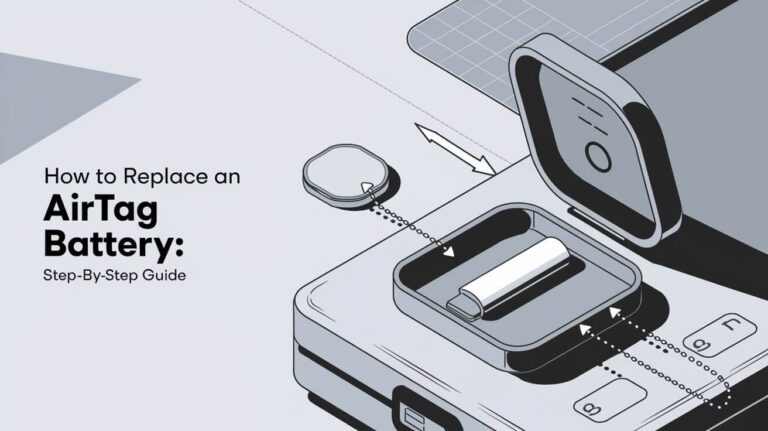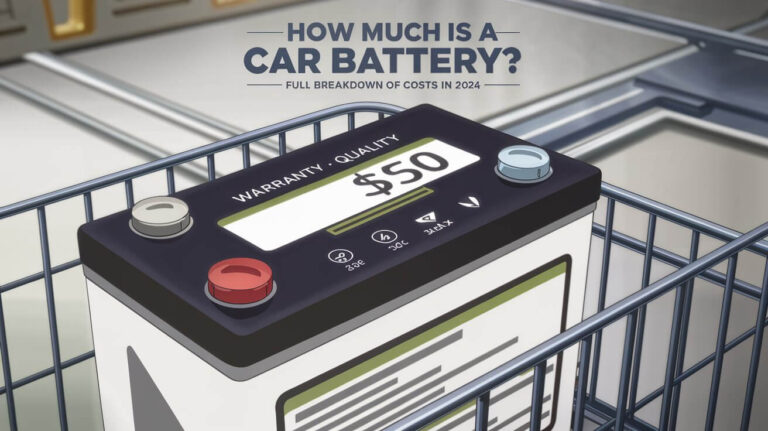Single Battery Boat Wiring Diagram
A single battery boat wiring diagram is a visual representation that shows how the electrical components on a boat with one battery are connected. It uses symbols and lines to illustrate the wiring layout, making it easier to understand the flow of electricity and troubleshoot any issues.
What’s Included in a Single Battery Boat Wiring Diagram?
A typical single battery boat wiring diagram will include the following components:
- Battery
- Battery switch
- Fuse/circuit breaker panel
- Bilge pump
- Navigation lights
- Cabin lights
- Accessories (fish finders, radios, etc.)
Single Battery Boat Wiring Diagrams
Diagram 1:

Diagram 2:

Diagram 3:

How to Read a Boat Wiring Diagram
Reading a boat wiring diagram can seem daunting at first, but it becomes easier with a bit of practice. Here’s a step-by-step guide:
1. Understand the Symbols
Wiring diagrams use standard symbols to represent different components. For example, a battery is typically depicted as a rectangular shape with two terminals. Familiarize yourself with the common symbols used in boat wiring diagrams.
2. Identify the Power Source
Locate the battery or power source on the diagram. This is usually the starting point for tracing the wiring.
3. Follow the Lines
Follow the lines from the power source to the various components. The lines represent the wires and their connections. Pay attention to any fuses, switches, or other devices along the way.
4. Note the Wire Colors
Some diagrams may use colored lines or labels to indicate the wire colors used in the actual wiring. This can help you identify specific circuits when working on your boat.
Common Boat Wiring Diagram Layouts
Single battery boat wiring diagrams can follow different layouts, depending on the manufacturer or the complexity of the electrical system. Here are a few common layouts:
1. Radial Layout
In a radial layout, all components are connected directly to the battery or a central distribution point. This is a simple and common layout for small boats with minimal electrical needs.
2. Trunk Layout
A trunk layout has a main trunk line that runs from the battery, with individual branch lines connecting to different components. This layout is often used in larger boats with multiple electrical circuits.
3. Combined Layout
Some diagrams may combine radial and trunk layouts, with some components connected directly to the battery and others branching off from a main trunk line.
Importance of Proper Wiring
Proper wiring is crucial for the safe and efficient operation of your boat’s electrical system. Incorrect wiring can lead to issues such as:
- Short circuits
- Electrical fires
- Drained batteries
- Malfunctioning equipment
Following a well-designed wiring diagram can help prevent these problems and ensure that your boat’s electrical components function as intended.
Tips for Working with Wiring Diagrams
Here are some tips to keep in mind when working with single battery boat wiring diagrams:
- Obtain the correct diagram: Make sure you have the wiring diagram specific to your boat model and year. Using the wrong diagram can lead to costly mistakes.
- Study the diagram thoroughly: Spend time understanding the layout and connections before attempting any wiring work.
- Use the proper tools: Invest in quality wire strippers, crimpers, and other tools to ensure proper connections.
- Follow safety precautions: Disconnect the battery and take necessary precautions when working with electrical systems.
- Label wires: If you’re making any modifications or additions, label the wires clearly to avoid confusion in the future.
- Test your work: After completing any wiring work, test the system thoroughly to ensure everything is functioning correctly.
Conclusion
Understanding single battery boat wiring diagrams is an essential skill for any boat owner or marine enthusiast. By following the tips and guidelines in this article, you can confidently read and work with these diagrams, ensuring the safe and efficient operation of your boat’s electrical system. Remember, proper wiring is crucial for preventing potential hazards and protecting your investment.
